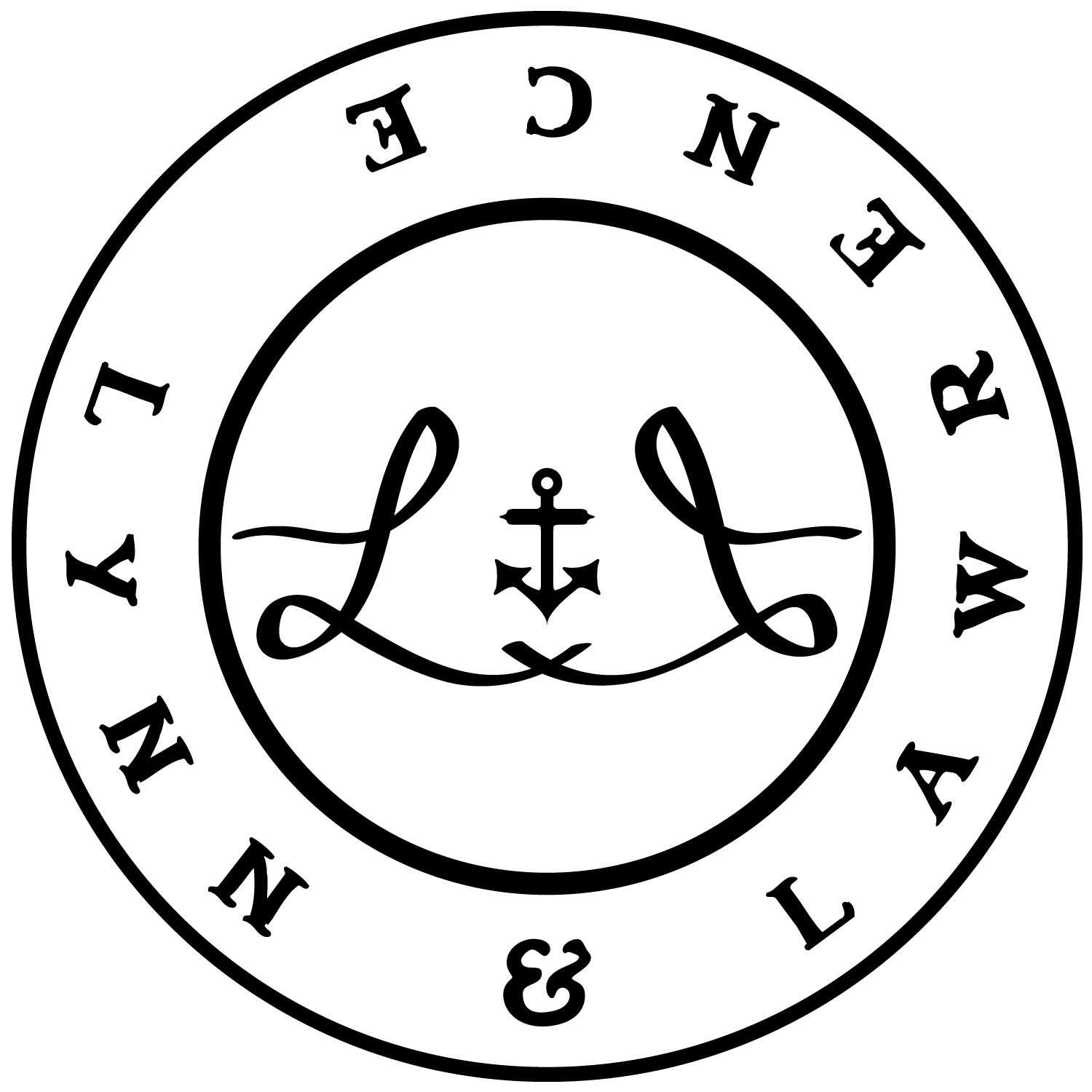THINGS WE CARE ABOUT
WHY WE LOVE ALPACA
Alpacas are an environmentally friendly animal. Unlike many grazing animals, alpacas have padded feet instead of hooves so they do less damage to their pastureland. When they graze they do not rip up the whole plant by the roots thus making it easier for the plants to regenerate. They also eat a variety of plants, which is easier on the eco-system. Alpacas have the convenient hygienic habit of using one communal dung pile. Compared to wool, alpaca fiber requires less preparatory steps for spinning into yarn. Alpaca hair is naturally hypoallergenic arguably making it superior to cashmere. And, duh…the animals are adorable.
ONE PERCENT FOR THE PLANET
A little more than ten years ago, a mountain climber and a fisherman realized they had a lot more in common than a disdain for wearing a suit to work. Yvon Chouinard, founder of Patagonia, and Craig Mathews, owner of Blue Ribbon Flies, were also passionate environmentalists that happened to be running successful businesses. More importantly, they understood it was good business to protect the natural resources that kept them in business. Founded in 2002, 1% for the Planet has grown into a global movement of more than 1200 member companies in 48 countries, all donating at least 1% of annual sales to sustainability initiatives. In just over 10 years 1% for the Planet companies have given more than $100 million back to Blue.
Lynn & Lawrence is proud to be a contributing member.
MINIMIZING PLASTIC
We’re inspired by Beth Terry’s (and others like her) pursuit to live a plastic free life. Her website has listed 100 Steps to a Plastic-Free Life and the first 10 steps, although may not be overly easy to follow, are definitely not impossible . We thought we’d list them here to encourage anyone (including ourselves). Check out her website and read more in depth about her awesome & commendable mission.
Carry Reusable shopping bags.
Give up bottled water.
Carry your own containers for take out food and leftovers.
Carry a stainless steel travel mug or water bottle at all times for coffee and other drinks while out in the world.
Carry reusable utensils and (metal, glass, or bamboo) drinking straws.
When ordering pizza, say no to the little plastic “table” in the middle of the pizza box.
Treat yourself to an ice cream cone. (we love this one)
Cut out sodas, juices, and all other plastic-bottled beverages.
Buy fresh bread that comes in either paper bags or no bags.
Return containers for berries, cherry tomatoes, etc. to the farmer’s market to be reused.
MISSION BLUE
“With every drop of water you drink, every breath you take, you’re connected to the sea. No matter where you live on earth” Dr. Sylvia Earle
The marine biologist, ocean conservationist, explorer and real life mermaid, Dr. Sylvia Earle, is at the top of a pyramid of conservation workers shepherding our environment and in essence shepherding us. Her full life and career create an awe inspiring map of dedication, respect and love for our oceans. In 2009 she launched Mission Blue, an organization that creates Hope Spots, international marine areas that are now protected. “The idea is that anyone can nominate a site special to him or her—a site that gives HOPE. Collectively all of these Hope Spots will create a global wave of community support for ocean conservation that leaders and policy makers can’t ignore.” Grassroots efforts that involve the local community have the greatest chance of impact and therefore the greatest chance of success. Read the 2017 MISSION BLUE IMPACT REPORT here - get inspired. Watch Dr. Earle’s Netflix documentary here.




